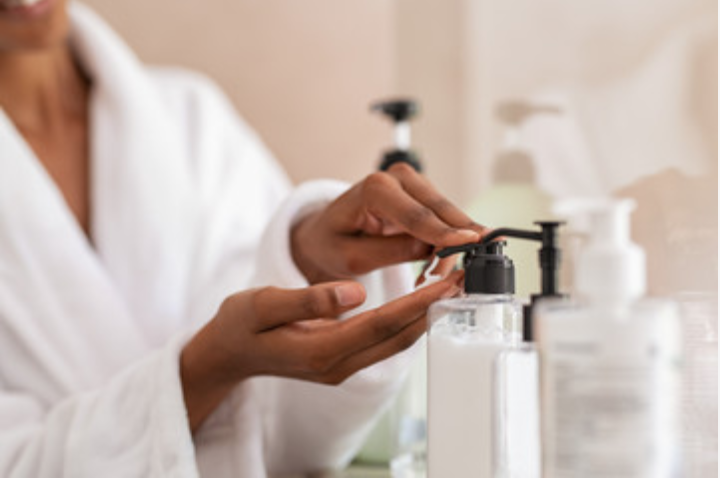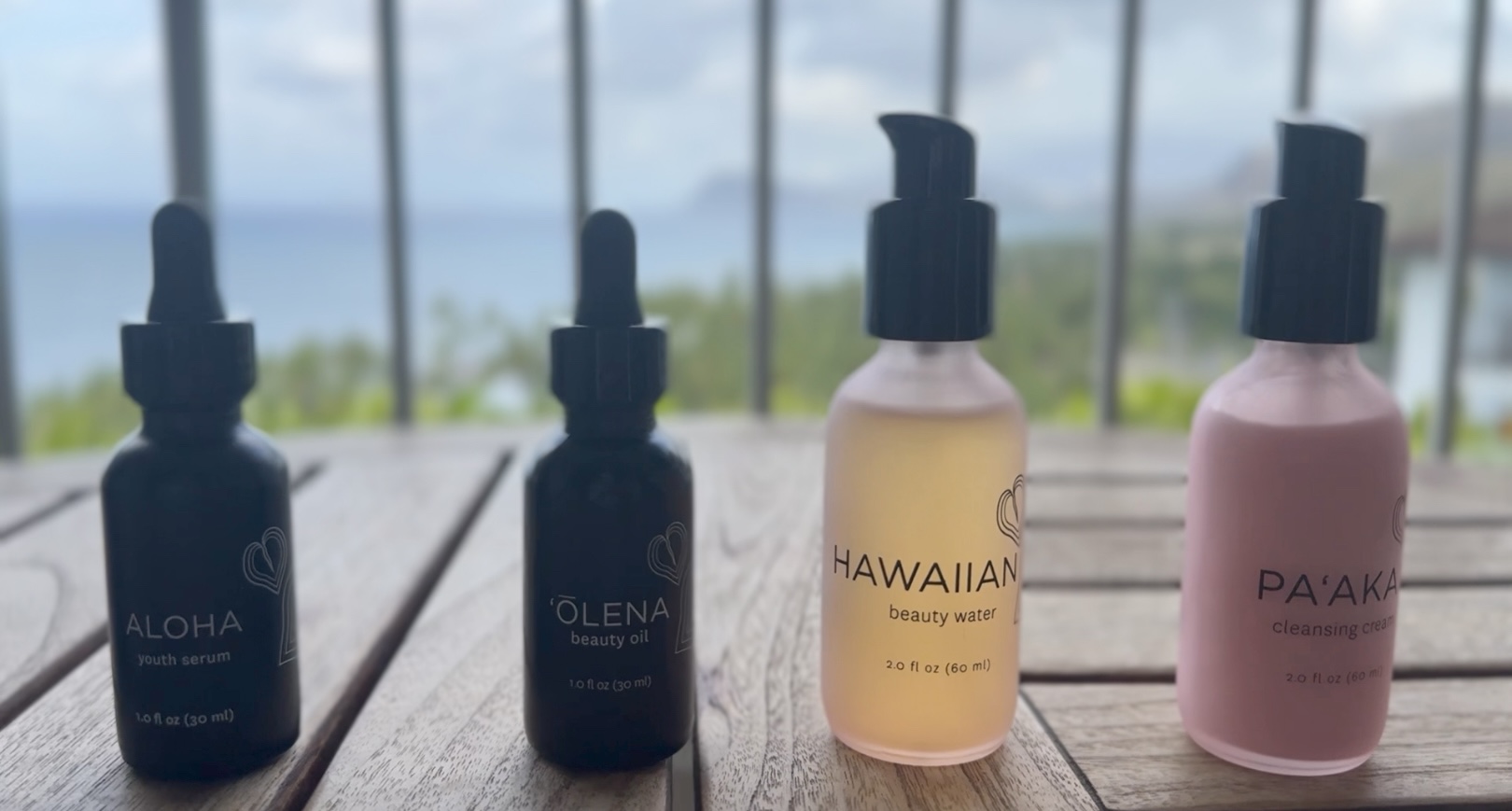
Many of your skincare products are loaded with chemicals and mysterious compounds that could actually be doing your skin some damage over time. Don’t feel like you’ve been taken for a ride—it takes a trained eye to know what ingredients to be on the lookout for, as well as the natural alternatives you have at your disposal.
1. Propylene Glycol
This derivative of fossil fuel fallout has a very complex and spotty history, but for what little scientists know about it, it certainly shows up in nearly every type of cosmetic and food product in the U.S.
The texture of this additive makes it the perfect transporting agent, allowing other ingredients to absorb into your skin with ease. Although its root compound, known as propylene oxide, is widely considered to be cancer-causing, this watered-down version is considered moderately safer, particularly if it’s ingested in small doses.
Still, with it being present in moisturizers, lipsticks, deodorants, medications, and even food items, it can be tough to know how much you’re really taking into your body.
2. Methylparaben
This chemical is best known as a preservative, but the health risks of consistent ingestion are far more sinister than keeping products from spoiling. A sister additive to butylparaben and propylparaben, all three are frequently found in products that need to last a while on the shelf.
In spite of being linked to the development and advancement of breast cancer cells, this compound is frequently found in lotion, antiperspirant, toothpaste, makeup, and yes – processed foods! Beyond the fact that it is likely carcinogenic, it has been known to impact fertility in men, and to cause injury to your delicate eye lining when applied in eye drops and anti-wrinkle creams.
3. Dimethicone
Although far less nefarious than parabens and propylene, dimethicone is another substance you should be on the lookout for when shopping to upgrade your skincare routine. This compound is made from silicone, and as a result, it is flexible and filling, making it seem to be the perfect basis for facial care upon first glance.
What exactly do parabens do? Find out more here: Test Your Makeup For Allergies First
In spite of its FDA clearance, this additive can be very comedogenic, filling in pores on the surface while clogging them in the long run. This can lead to excessive breakouts, dry skin, and actually making your wrinkles and age spots stand out the more you use it. Look out for this chemical in serums and moisturizers, foundation primers, shampoos, and leave-in conditioners.
Going Organic
The bottom line is that your skin is an organ, and as a result, it needs to be nourished with the same natural, organic substances that you put inside of your body.
Now that we’ve talked about what you shouldn’t be using, you might be looking at your bathroom cabinet in despair, wondering what on Earth you’re going to replace all of these products with. Don’t let it stress you out! It’s actually much easier than you think to get the natural goodies that will bring out all of the beauty within.
One sure way to know that your skincare products are completely natural is to look for a USDA organic certification, similar to the one that you’re likely on the lookout for every time you hit the grocery store. These formulas are made from some of the purest ingredients on the planet, and you can be sure that they don’t contain harmful or toxic compounds like sulfates, parabens, and other synthetic compounds.
If budget is a factor in shopping solely organic, don’t think you have to drop a dime just to avoid toxic additives. Who says getting a natural glow has to be expensive? There are many low-cost options that you can grab on your next Target run, and you won’t have to sacrifice your skin just to save a buck.
Beyond that, you may be able to tap into your inner skin guru by using natural products you already have lying around the house. Did you know that coconut oil, olive oil, and avocado oil can all be used either by themselves or in a mixture to moisturize and soothe skin?
After all, If you’ve got it to cook with, you’ve got it to glow with, and it won’t cost you one extra cent. Imagine if you mixed the perfect facial formula from the comfort of your own kitchen!
Sounds pretty great to us.
Chris Barry is a staff writer and senior editor for Zwivel. He has written stories on everything from motorcycle gangs in the Caribbean to traveling the USA with Ringo Starr. His articles have been published in such high – and sometimes low – profile publications as Vice, Maxim and The National Post.



